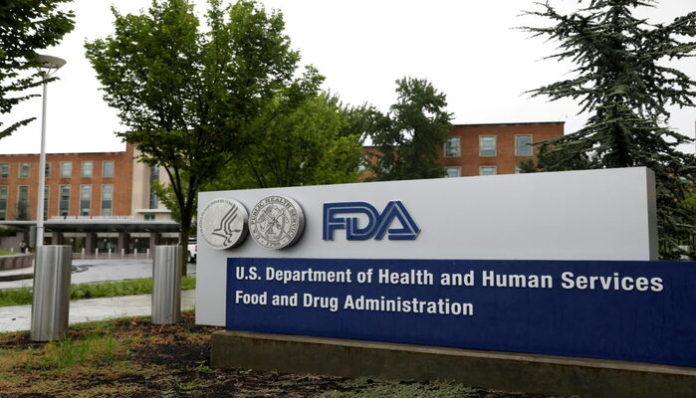The Critical Path for Rare Neurodegenerative Diseases (CP-RND), a new public-private partnership created to advance the development of treatments for amyotrophic lateral sclerosis (ALS) and similar rare neurodegenerative conditions, has been initiated by the US Food and Drug Administration (FDA) and the National Institutes of Health (NIH).
One of the project’s main goals is to find and implement strategies to expedite drug development for the diseases. FDA Chief Medical Officer Dr. Hilary Marston said that the cooperation they are releasing will utilise the common experience of all parties to offer a path towards new discoveries in treating these diseases. The pharmaceutical industry places a high priority on finding a treatment soon because the diseases are progressive and ultimately fatal.
The Critical Path Institute (C-Path) will be used by the collaborators to aid with communication management. As part of the effort, C-Path will bring together specialists in uncommon neurodegenerative diseases from the patient community and advocacy groups. Dr. Walter Koroshetz, Director of the National Institute of Neurological Disorders and Stroke (NINDS), a division of the National Institutes of Health (NIH), said that this public-private partnership will bring together the entire ALS community to create novel strategies and methods for therapy development and clinical testing with the goal of finally producing a treatment that stops the tragic progression of ALS.
The CP-primary RND’s focus will be on patient-centered drug development. Additionally, scientific data on uncommon neurodegenerative diseases will be gathered by the FDA-funded Rare Disease Cures Accelerator-Data and Analytics Platform (RDCA-DAP), which will help with the classification of neurodegenerative diseases, their natural histories, and the recognition of their molecular targets. Increasing the effectiveness, predictability, and productivity of therapeutic therapies will be another area of progress.
The FDA established a new five-year plan earlier this year to shorten the time it takes ALS patients to receive life-saving treatments. A crucial component of that schedule is its partnership with the NIH, which pledges to strengthen upcoming advances.






















